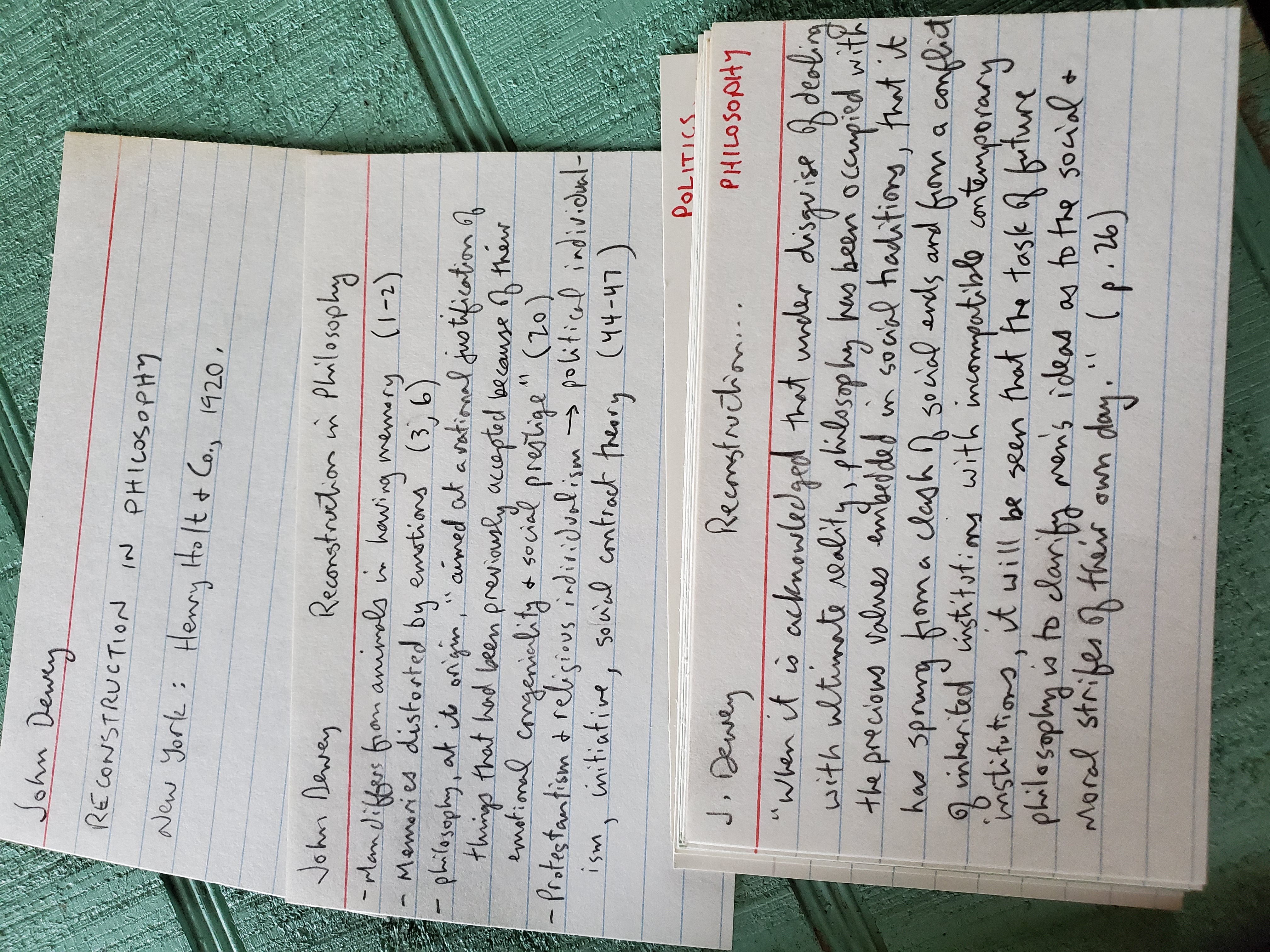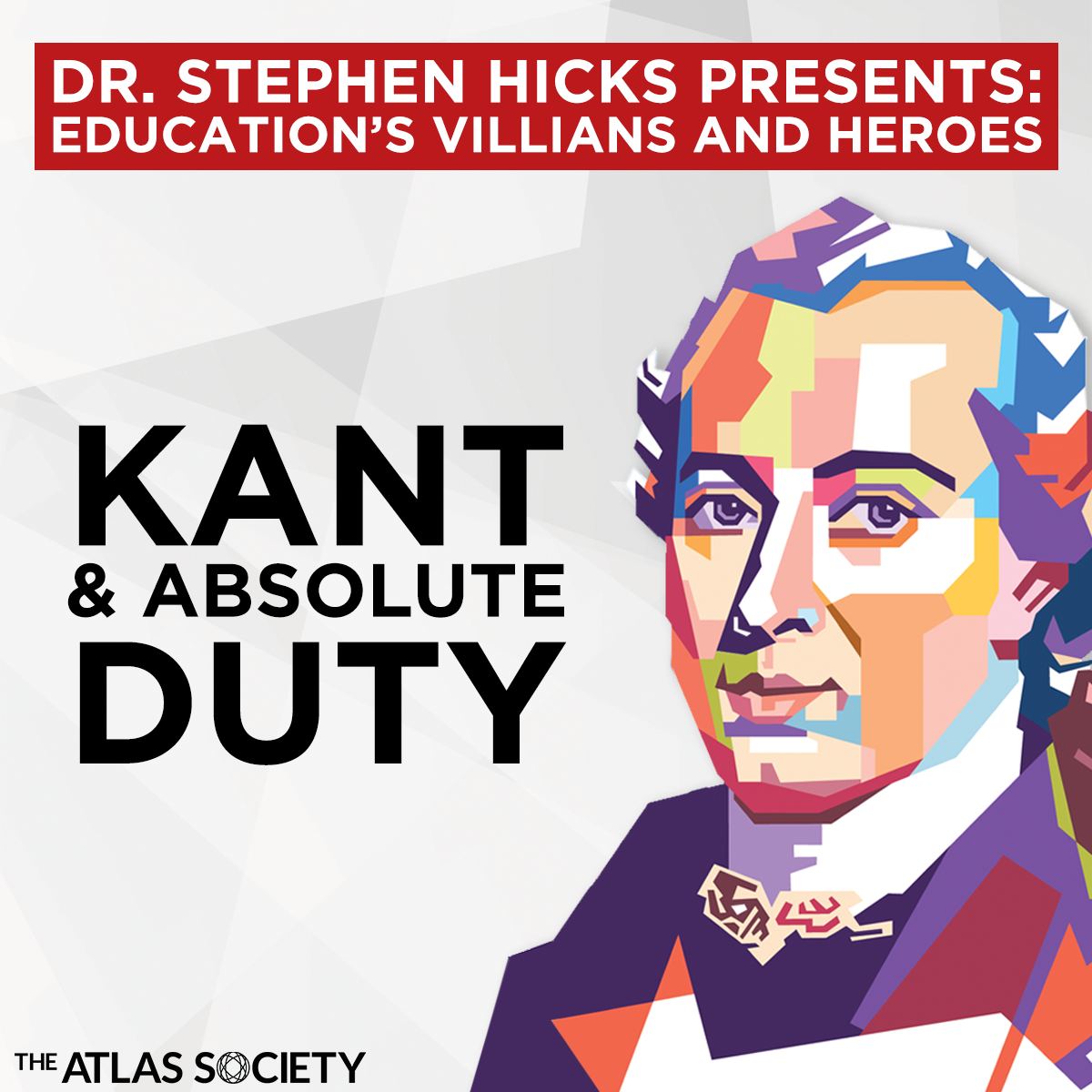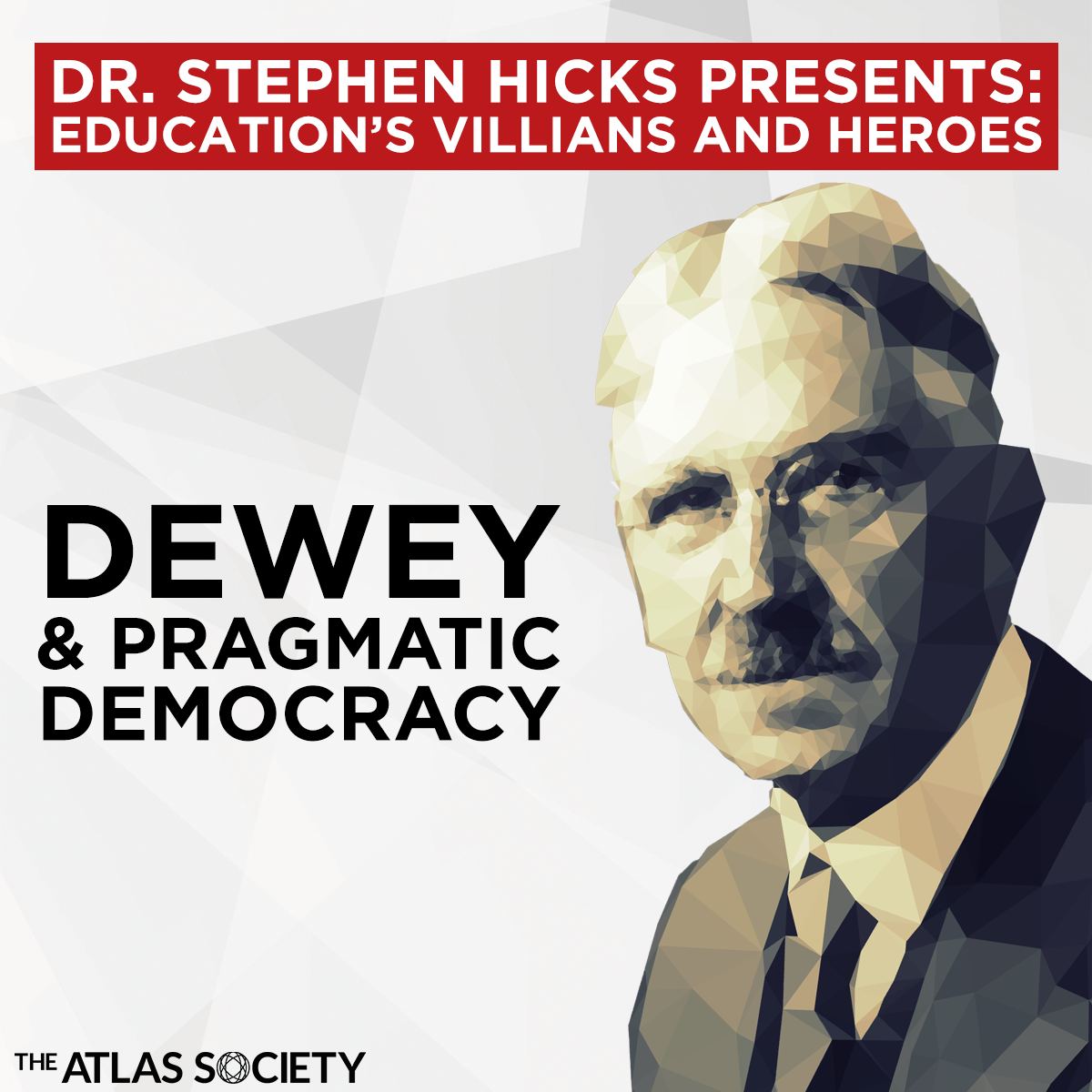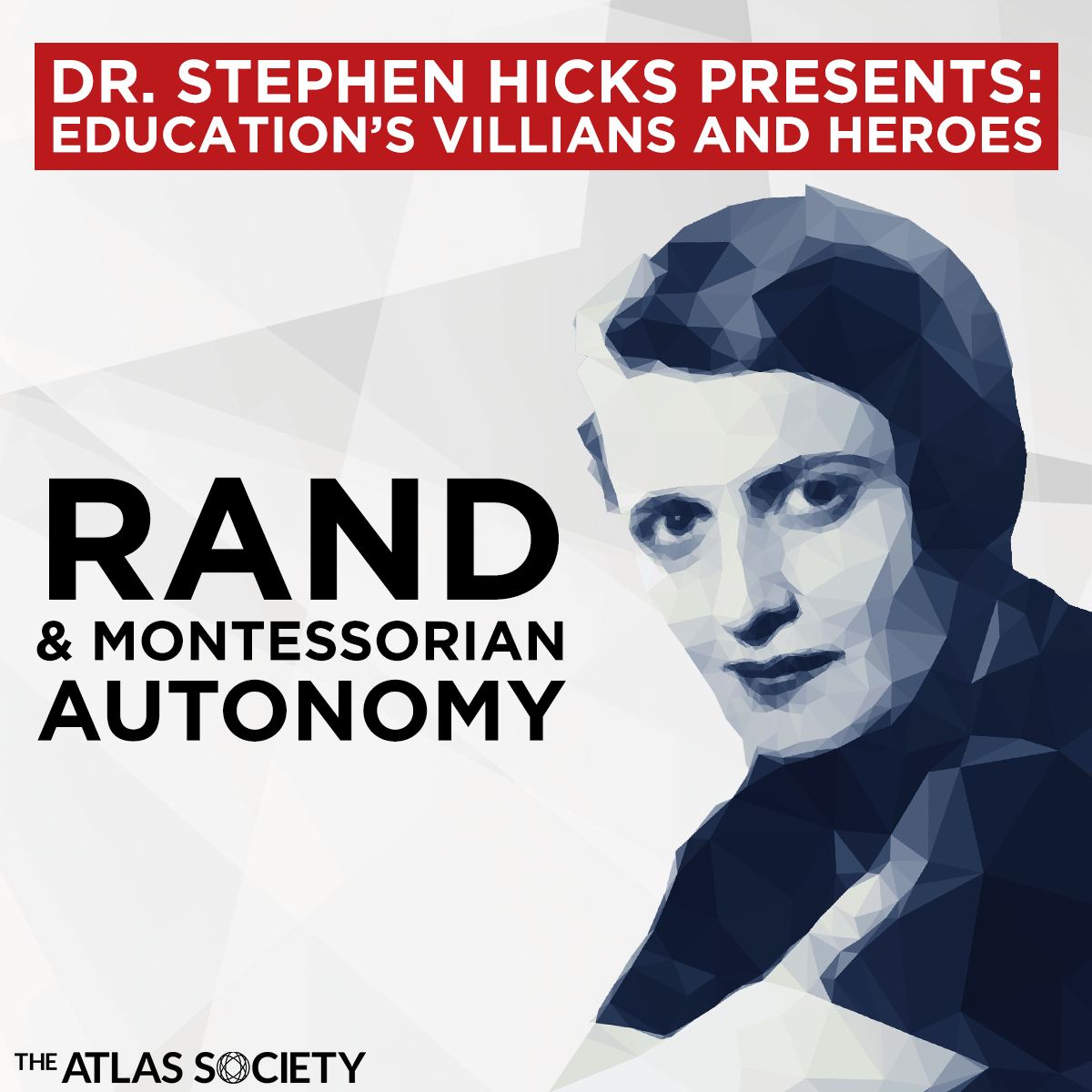
I’m having a trip down memory lane, having come across my grad-school notes on John Dewey’s 1920 Reconstruction in Philosophy. Yes, personal computers had been invented by then, but I was in transition from my old-style card-catalogue method.
In part these caught my attention as I am preparing for my upcoming lecture on Dewey for my online Education’s Villains and Heroes course. Two strong quotations:
Philosophy, at its origin, is “aimed at a rational justification things that had been previously accepted because of their emotional congeniality and social prestige.”
(p. 20)
“When it is acknowledged that under disguise of dealing with ultimate reality, philosophy has been occupied with the precious values embedded in social traditions, that is has spring from a clash of social ends and from a conflict of inherited institutions with incompatible contemporary institutions, it will be seen that the task of future philosophy is to clarify man’s ideas as to the social and moral strifes of their own day.”
p. 26
Unpacking:
* We should set aside the quest for ultimate reality. That’s Dewey’s post-Kantian move.
* Further: that quest was not merely misguided but a disguise. That is, philosophy has been a (dishonest?) rationalization of feel-good socializing.
* Conflicting social values are inherited. They are not discovered.
* Philosophy’s role is to clarify these pre-existing values-in-conflict (not to validate, prove, or resolve them). That is, philosophy can merely explicate them and tidy up their formulations after-the-fact.
* The values in question are only of one’s own day. They’re not of one’s era or more generally timeless or universal.
Now add a third quotation, from later in Reconstruction:
“Society is the process of associating in such ways that ideas, emotions, values are transmitted and made common. To this active process, both the individual and the institutionally organized may truly be said to be subordinate. The individual is subordinate because except in and through communication of experience from and to others, he remains dumb, merely sentient, a brute animal. Only in association with fellows does he become a conscious centre of experience.”
p. 207
Upacking:
* Individuals learn only from society and not ever directly from reality. An individual’s first-hand grasp of facts is ruled out. Nor can an individual check independently what he or she has learned from society.
* Consequently, the individual is cognitively subordinate to society.
* And since society’s values are prior, as above, the individual is subordinate in value too.
So, for Dewey: Philosophy is socially subjective, not individually objective.
All of that has big implications for the education of children, as spelled out in Dewey’s four-years-earlier Democracy in Education. A post with excerpts and interpretation here: John Dewey on education as socialization.
See also my lecture on Pragmatism and Education for a full treatment.
Also, check out my online Education’s Villains and Heroes course. The Dewey session will be in October 2022. We have covered Plato, Locke, and Rousseau. Also upcoming are:





Sounds like Hicks is becoming a postmodernist! Try Rorty or Brandom for more Dewayan postmodernism.
Yikes: I’m reporting not endorsing.